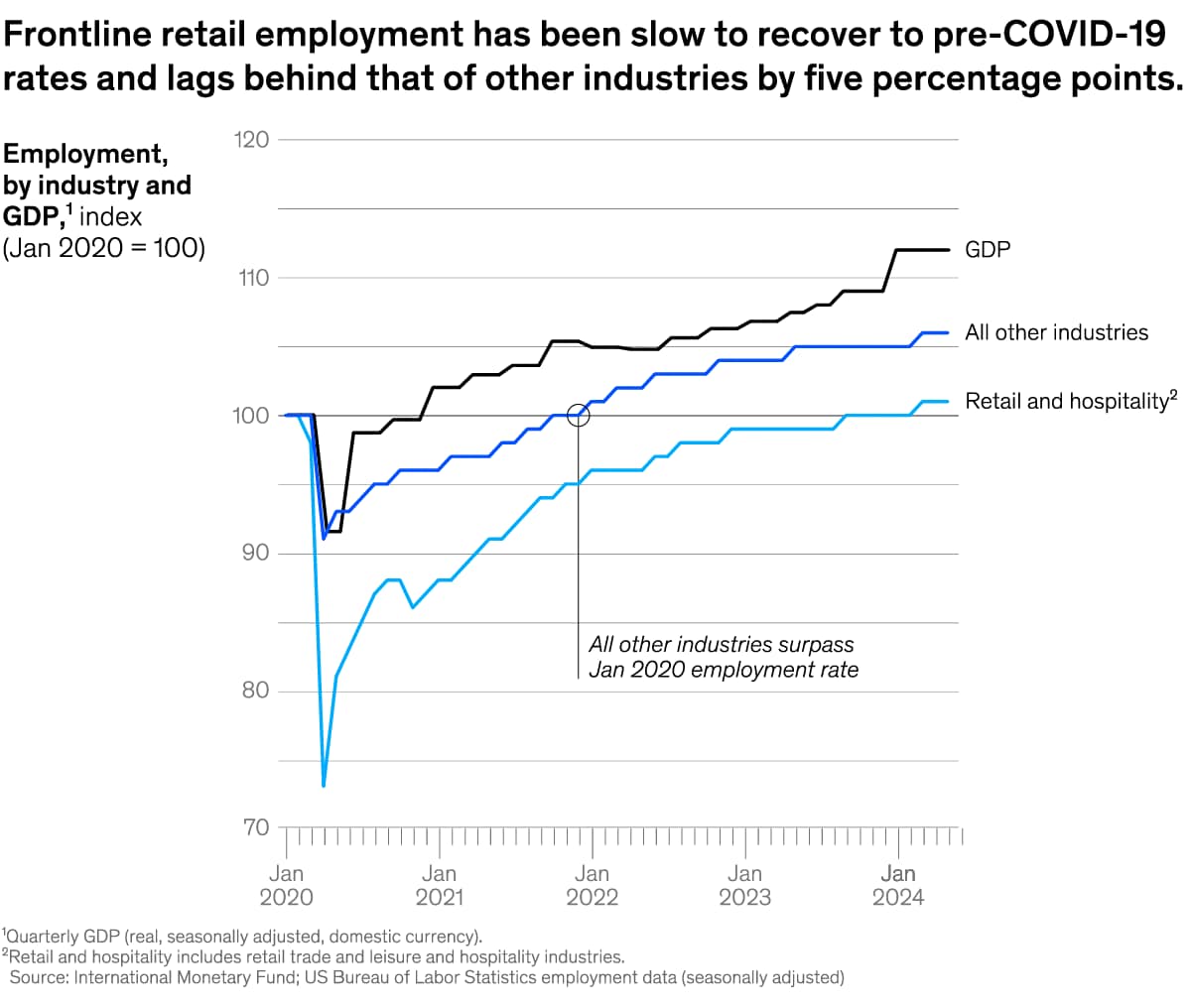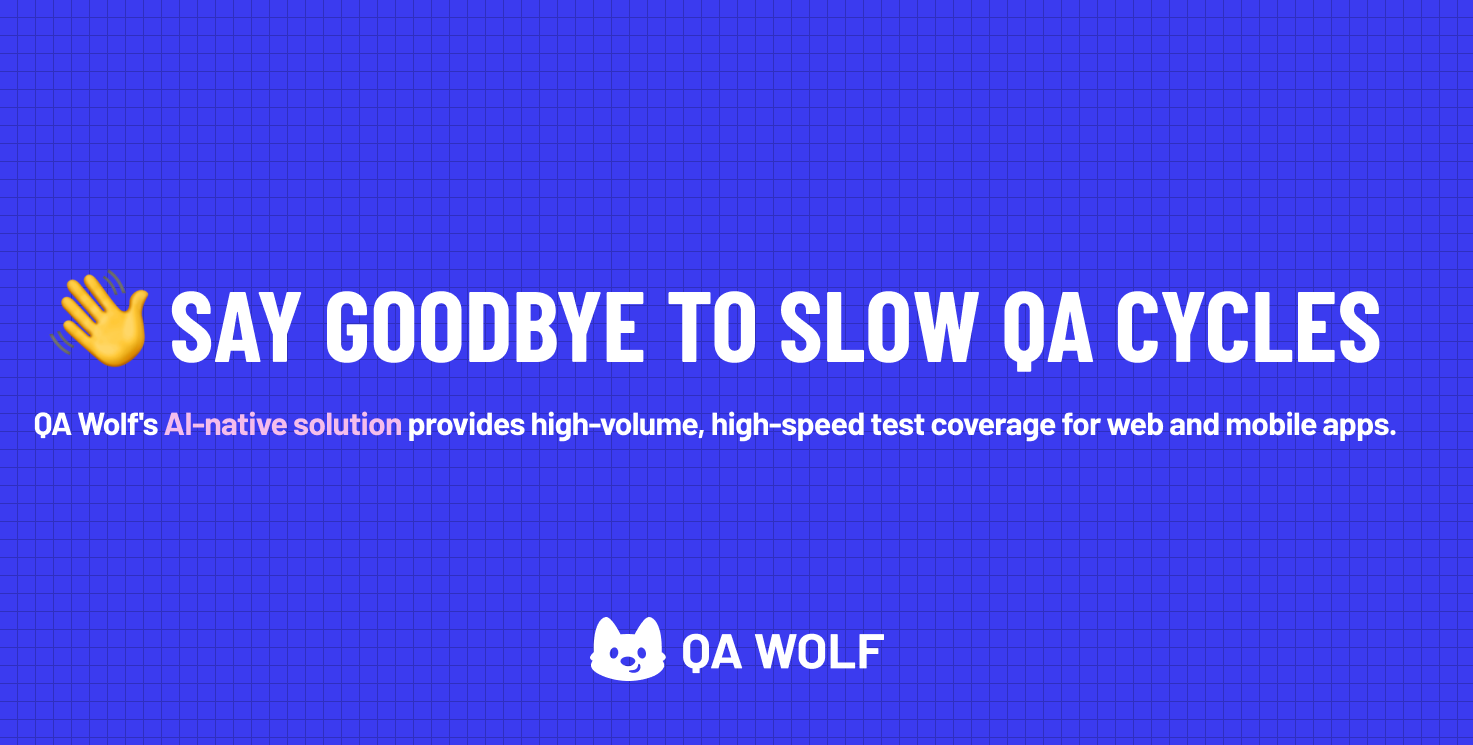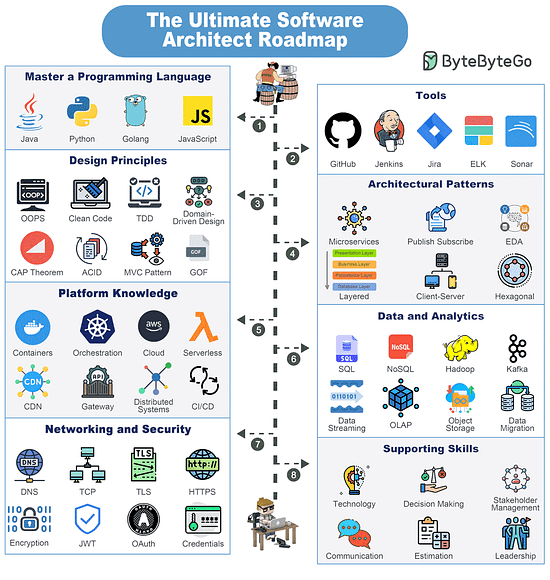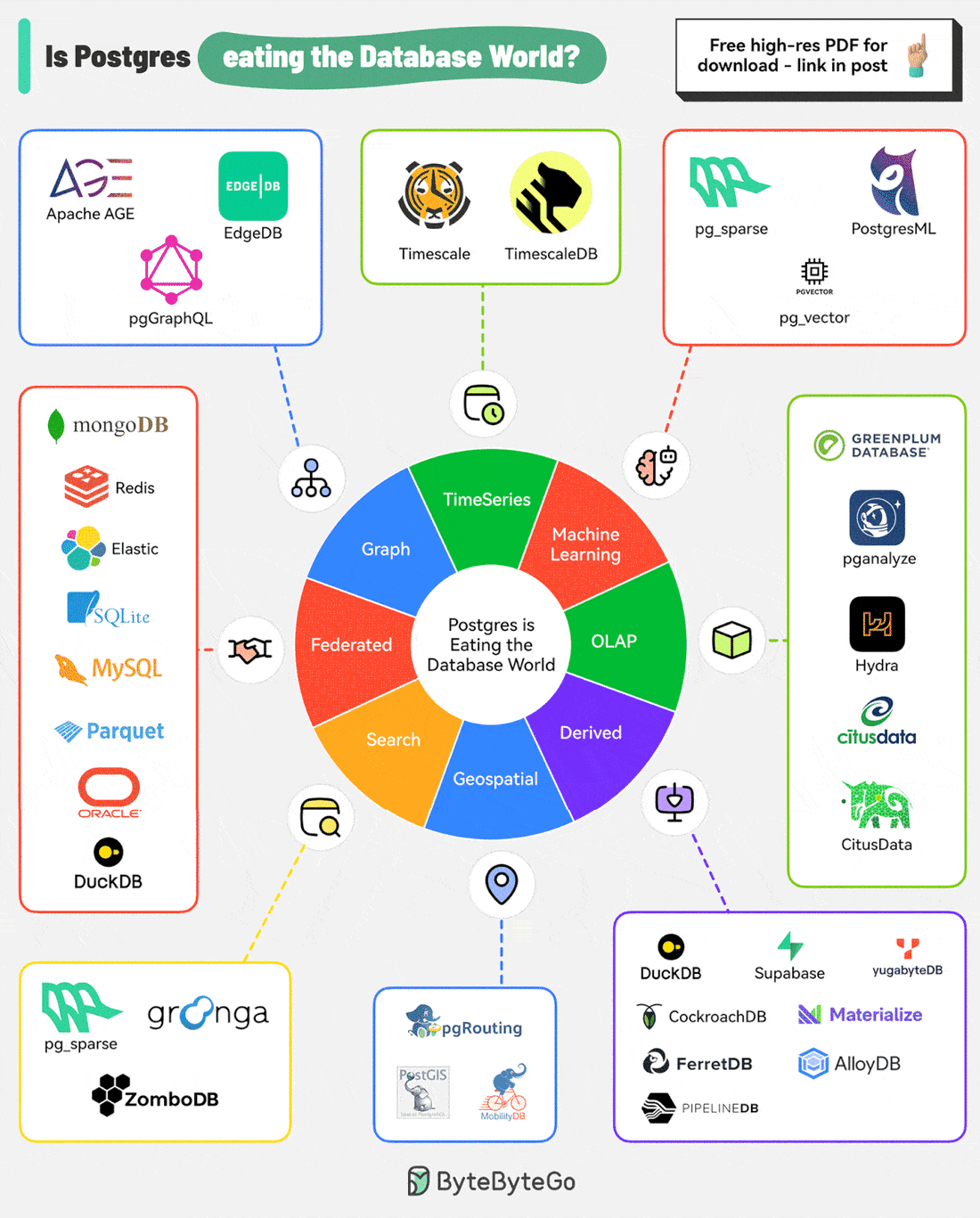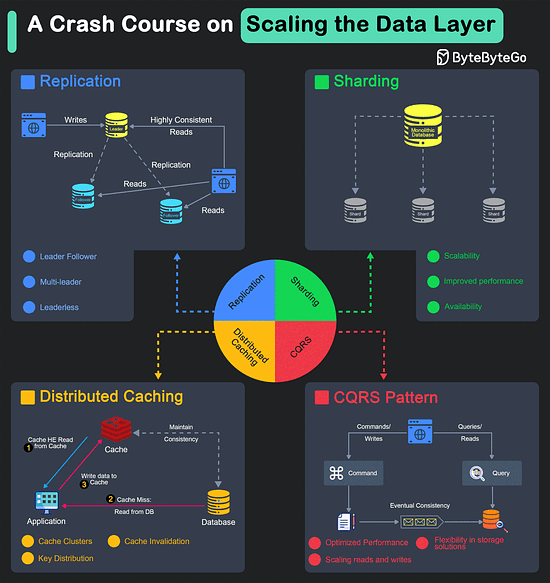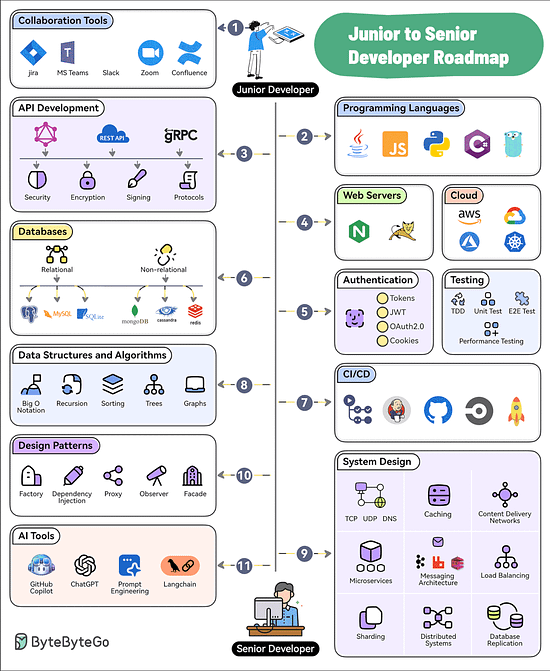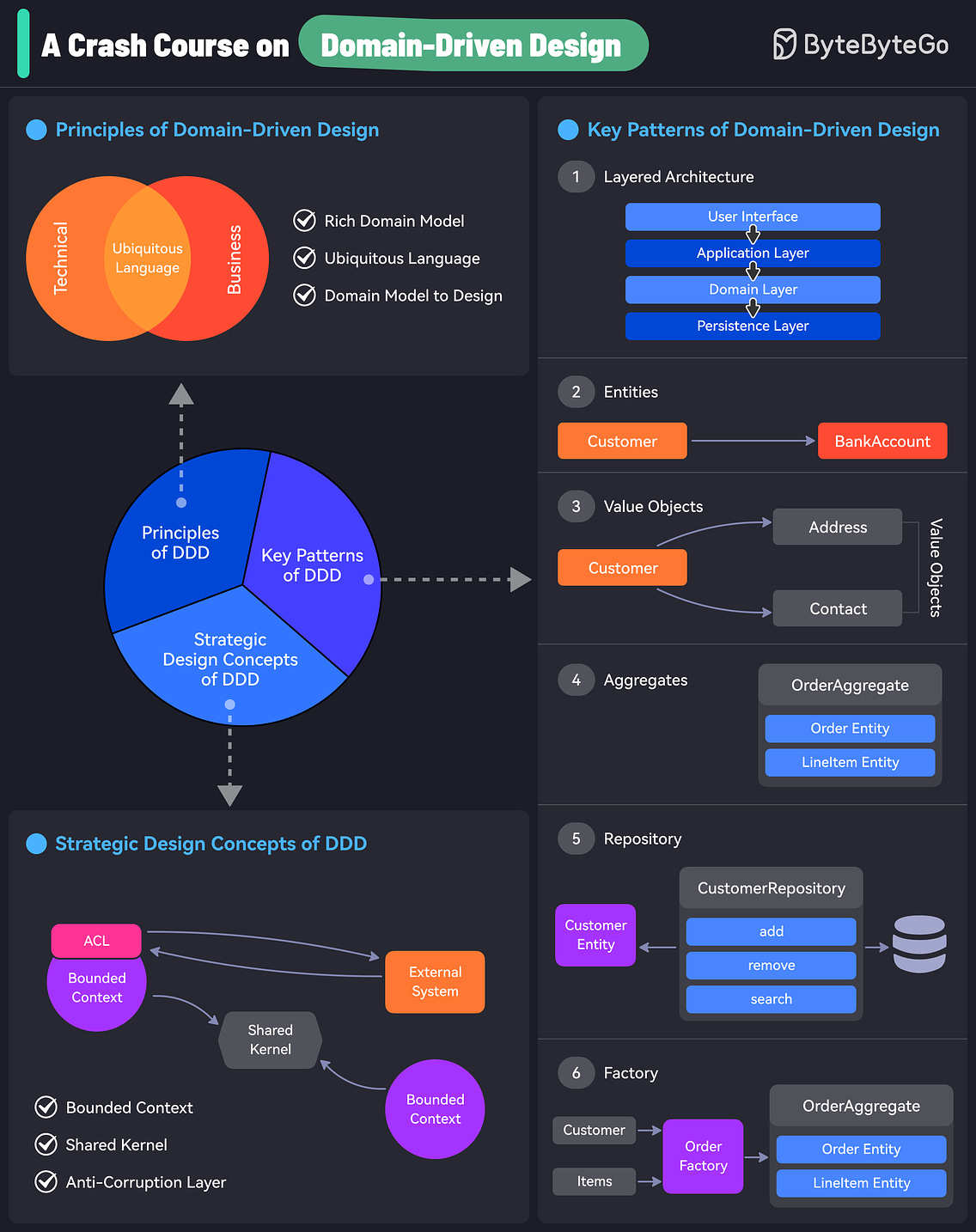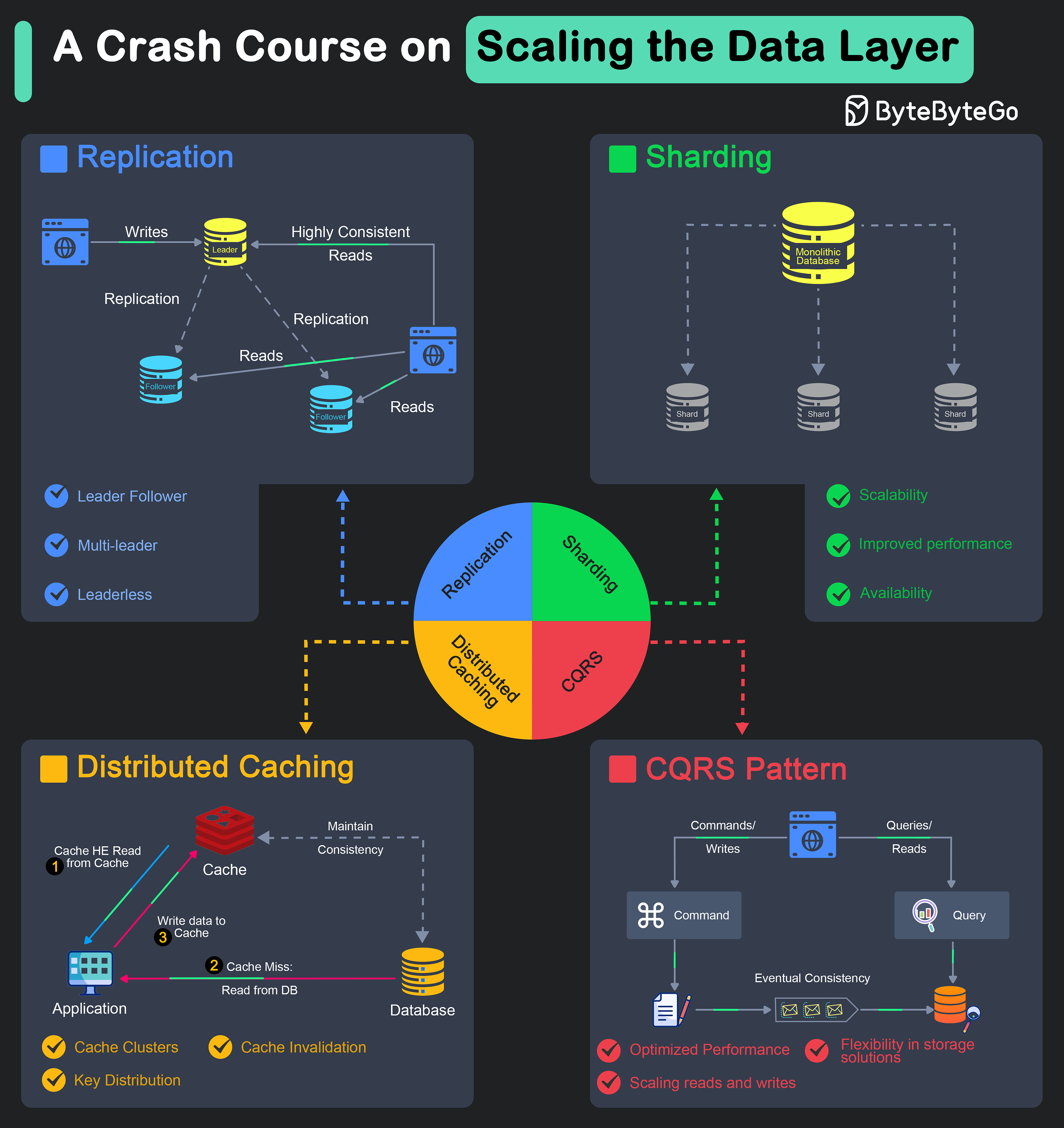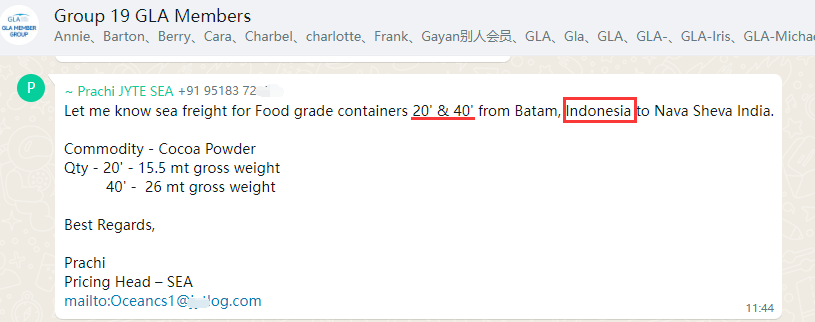Archives
- By thread 5228
-
By date
- June 2021 10
- July 2021 6
- August 2021 20
- September 2021 21
- October 2021 48
- November 2021 40
- December 2021 23
- January 2022 46
- February 2022 80
- March 2022 109
- April 2022 100
- May 2022 97
- June 2022 105
- July 2022 82
- August 2022 95
- September 2022 103
- October 2022 117
- November 2022 115
- December 2022 102
- January 2023 88
- February 2023 90
- March 2023 116
- April 2023 97
- May 2023 159
- June 2023 145
- July 2023 120
- August 2023 90
- September 2023 102
- October 2023 106
- November 2023 100
- December 2023 74
- January 2024 75
- February 2024 75
- March 2024 78
- April 2024 74
- May 2024 108
- June 2024 98
- July 2024 116
- August 2024 134
- September 2024 130
- October 2024 141
- November 2024 171
- December 2024 115
- January 2025 216
- February 2025 140
- March 2025 220
- April 2025 233
- May 2025 239
- June 2025 303
- July 2025 40
-
Look inward to move forward: A leadership journey
Leading Off
CEO self-awareness
by "McKinsey Leading Off" <publishing@email.mckinsey.com> - 04:43 - 9 Sep 2024 -
How to tackle vaccine innovation for infectious diseases
Only McKinsey Perspectives
Learning from the COVID-19 pandemic Brought to you by Alex Panas, global leader of industries, & Axel Karlsson, global leader of functional practices and growth platforms
Welcome to the latest edition of Only McKinsey Perspectives. We hope you find our insights useful. Let us know what you think at Alex_Panas@McKinsey.com and Axel_Karlsson@McKinsey.com.
—Alex and Axel
•
Postpandemic vaccine landscape. The COVID-19 pandemic highlighted the critical role that vaccines play in public health. During the pandemic, several factors combined to spur rapid vaccine development: increased funding, operational efficiencies, technological progress, and regulatory adaptability. Yet success for other vaccine archetypes has been uneven, say McKinsey senior partner Adam Sabow and coauthors. Apart from COVID-19, the number of vaccine programs for infectious diseases remains mostly static.
—Edited by Querida Anderson, senior editor, New York
This email contains information about McKinsey's research, insights, services, or events. By opening our emails or clicking on links, you agree to our use of cookies and web tracking technology. For more information on how we use and protect your information, please review our privacy policy.
You received this email because you subscribed to the Only McKinsey Perspectives newsletter, formerly known as Only McKinsey.
Copyright © 2024 | McKinsey & Company, 3 World Trade Center, 175 Greenwich Street, New York, NY 10007
by "Only McKinsey Perspectives" <publishing@email.mckinsey.com> - 01:12 - 9 Sep 2024 -
Unpacking the Sales Cloud Keynote: Driving Growth with AI
Learn the latest Sales AI innovations from Dreamforce.
Unpacking the Sales Cloud Keynote: Driving Growth with AI
Watch on-demand Join Salesblazers in a recap discussion about how to compete and win with AI for sales.
You'll hear how the sales leaders are using AI in their daily work, and get practical tips for how to begin. Engage buyers effectively, improve seller productivity, close deals faster, and grow revenue on the most complete sales platform.
Register now to find out more.
Learn how AI can help your business to boost productivity and grow revenue.
Explore insights from 1,000+ salespeople who are using AI to craft content, analyse market data, automate communications, and more.
Get free report 
© 2024, Salesforce, Inc.
Salesforce.com 2 Silom Edge, 14th Floor, Unit S14001-S14007, Silom Road, Suriyawong, Bangrak, Bangkok 10500
General Enquiries: +66 2 430 4323




This email was sent to info@learn.odoo.com
Manage Preferences or Unsubscribe | Privacy Statement
Powered by Salesforce Marketing Cloud
by "Salesforce Sales Cloud" <apacemarketing@mail.salesforce.com> - 12:07 - 9 Sep 2024 -
The week in charts
The Week in Charts
Retail workforce needs, aircraft production, and more Share these insights
Did you enjoy this newsletter? Forward it to colleagues and friends so they can subscribe too. Was this issue forwarded to you? Sign up for it and sample our 40+ other free email subscriptions here.
This email contains information about McKinsey's research, insights, services, or events. By opening our emails or clicking on links, you agree to our use of cookies and web tracking technology. For more information on how we use and protect your information, please review our privacy policy.
You received this email because you subscribed to The Week in Charts newsletter.
Copyright © 2024 | McKinsey & Company, 3 World Trade Center, 175 Greenwich Street, New York, NY 10007
by "McKinsey Week in Charts" <publishing@email.mckinsey.com> - 03:08 - 7 Sep 2024 -
EP128: The Ultimate Software Architect Knowledge Map
EP128: The Ultimate Software Architect Knowledge Map
This week’s system design refresher:͏ ͏ ͏ ͏ ͏ ͏ ͏ ͏ ͏ ͏ ͏ ͏ ͏ ͏ ͏ ͏ ͏ ͏ ͏ ͏ ͏ ͏ ͏ ͏ ͏ ͏ ͏ ͏ ͏ ͏ ͏ ͏ ͏ ͏ ͏ ͏ ͏ ͏ ͏ ͏ ͏ ͏ ͏ ͏ ͏ ͏ ͏ ͏ ͏ ͏ ͏ ͏ ͏ ͏ ͏ ͏ ͏ ͏ ͏ ͏ ͏ ͏ ͏ ͏ ͏ ͏ ͏ ͏ ͏ ͏ ͏ ͏ ͏ ͏ ͏ ͏ ͏ ͏ ͏ ͏ ͏ ͏ ͏ ͏ ͏ ͏ ͏ ͏ ͏ ͏ ͏ ͏ ͏ ͏ ͏ ͏ ͏ ͏ ͏ ͏ ͏ ͏ ͏ ͏ ͏ ͏ ͏ ͏ ͏ ͏ ͏ ͏ ͏ ͏ ͏ ͏ ͏ ͏ ͏ ͏ ͏ ͏ ͏ ͏ ͏ ͏ ͏ ͏ ͏ ͏ ͏ ͏ ͏ ͏ ͏ ͏ ͏ ͏ ͏ ͏ ͏ ͏ ͏ ͏ ͏ ͏ ͏ ͏ ͏ ͏ ͏ ͏ ͏ ͏ ͏ ͏ ͏ ͏ ͏ ͏ ͏ ͏ ͏ ͏ ͏ ͏ ͏ ͏ ͏ ͏ ͏ ͏ ͏ ͏ ͏ ͏ ͏ ͏ ͏ ͏ ͏ ͏ ͏ ͏ ͏ ͏ ͏ ͏ ͏ ͏ ͏ ͏ ͏ ͏ ͏ ͏ ͏ ͏ ͏ ͏ Forwarded this email? Subscribe here for moreThis week’s system design refresher:
The Ultimate Software Architect Knowledge Map
Is PostgreSQL eating the database world?
11 steps to go from Junior to Senior Developer
Tech Career Basic Requirements
SPONSOR US
Cut your QA cycles down to minutes with QA Wolf (Sponsored)
If slow QA processes bottleneck you or your software engineering team and you’re releasing slower because of it — you need to check out QA Wolf.
Their AI-native approach gets engineering teams to 80% automated end-to-end test coverage from hours to minutes.
QA Wolf takes testing off your plate. They can get you:
Unlimited parallel test runs
24-hour maintenance and on-demand test creation
Human-verified bug reports sent directly to your team
Zero flakes guaranteed
The benefit? No more manual E2E testing. No more slow QA cycles. No more bugs reaching production.
With QA Wolf, Drata’s team of 80+ engineers achieved 4x more test cases and 86% faster QA cycles.
The Ultimate Software Architect Knowledge Map
Becoming a Software Architect is a journey where you are always learning. But there are some things you must definitely strive to know.
Master a Programming Language
Look to master 1-2 programming languages such as Java, Python, Golang, JavaScript, etc.Tools
Build proficiency with key tools such as GitHub, Jenkins, Jira, ELK, Sonar, etc.Design Principles
Learn about important design principles such as OOPS, Clean Code, TDD, DDD, CAP Theorem, MVC Pattern, ACID, and GOF.Architectural Principles
Become proficient in multiple architectural patterns such as Microservices, Publish-Subscribe, Layered, Event-Driven, Client-Server, Hexagonal, etc.Platform Knowledge
Get to know about several platforms such as containers, orchestration, cloud, serverless, CDN, API Gateways, Distributed Systems, and CI/CDData Analytics
Build a solid knowledge of data and analytics components like SQL and NoSQL databases, data streaming solutions with Kafka, object storage, data migration, OLAP, and so on.Networking and Security
Learn about networking and security concepts such as DNS, TCP, TLS, HTTPS, Encryption, JWT, OAuth, and Credential Management.Supporting Skills
Apart from technical, software architects also need several supporting skills such as decision-making, technology knowledge, stakeholder management, communication, estimation, leadership, etc.
Over to you - What else would you add to the roadmap?
Tech Career Basic Requirements
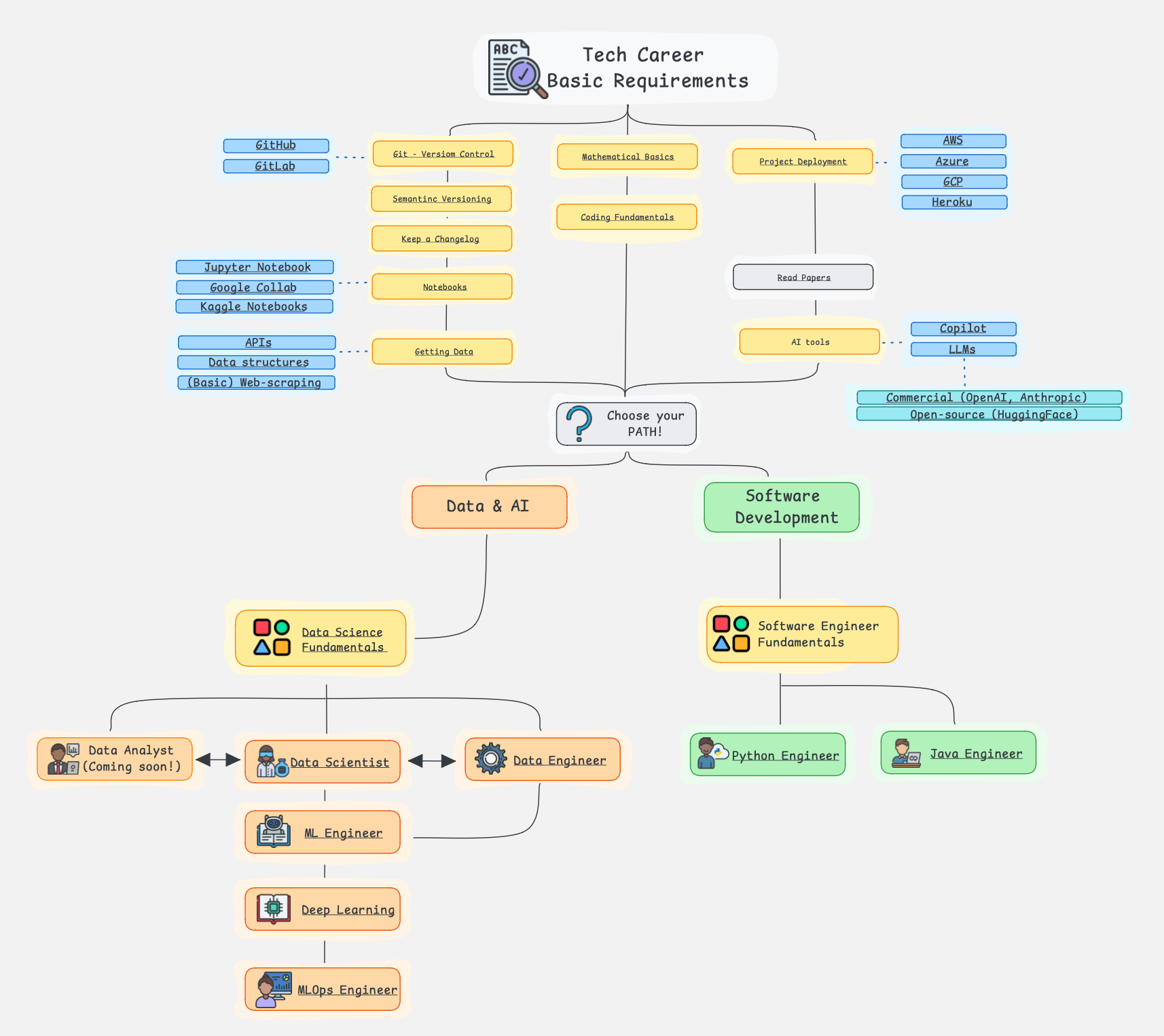
Source: Aigent Is PostgreSQL eating the database world?
It seems that no matter what the use case, PostgreSQL supports it. When in doubt, you can simply use PostgreSQL.
TimeSeries
PostgreSQL embraces Timescale, a powerful time-series database extension for efficient handling of time-stamped data.Machine Learning
With pgVector and PostgresML, Postgres can support machine learning capabilities and vector similarity searches.OLAP
Postgres can support OLAP with tools such as Hydra, Citus, and pg_analytics.Derived
Even derived databases such as DuckDB, FerretDB, CockroachDB, AlloyDB, YugaByte DB, Supabase, etc provide PostgreSQL.GeoSpatial
PostGIS extends PostgreSQL with geospatial capabilities, enabling you to easily store, query, and analyze geographic data.Search
Postgres extensions like pgroonga, ParadeDB, and ZomboDB provide full-text search, text indexing, and data parsing capabilities.Federated
Postgres seamlessly integrates with various data sources such as MongoDB, MySQL, Redis, Oracle, ParquetDB, SQLite, etc, enabling federated querying and data access.Graph
Apache AGE and EdgeDB are graph databases built on top of PostgreSQL. Also, pg_graphql is an extension that provides GraphQL support for Postgres.
Over to you: Have you seen any other use cases of PostgreSQL?
Latest articles
If you’re not a paid subscriber, here’s what you missed.
To receive all the full articles and support ByteByteGo, consider subscribing:
11 steps to go from Junior to Senior Developer
Collaboration Tools
Software development is a social activity. Learn to use collaboration tools like Jira, Confluence, Slack, MS Teams, Zoom, etc.Programming Languages
Pick and master one or two programming languages. Choose from options like Java, Python, JavaScript, C#, Go, etc.API Development
Learn the ins and outs of API Development approaches such as REST, GraphQL, and gRPC.Web Servers and Hosting
Know about web servers as well as cloud platforms like AWS, Azure, GCP, and KubernetesAuthentication and Testing
Learn how to secure your applications with authentication techniques such as JWTs, OAuth2, etc. Also, master testing techniques like TDD, E2E Testing, and Performance TestingDatabases
Learn to work with relational (Postgres, MySQL, and SQLite) and non-relational databases (MongoDB, Cassandra, and Redis).CI/CD
Pick tools like GitHub Actions, Jenkins, or CircleCI to learn about continuous integration and continuous delivery.Data Structures and Algorithms
Master the basics of DSA with topics like Big O Notation, Sorting, Trees, and Graphs.System Design
Learn System Design concepts such as Networking, Caching, CDNs, Microservices, Messaging, Load Balancing, Replication, Distributed Systems, etc.Design patterns
Master the application of design patterns such as dependency injection, factory, proxy, observers, and facade.AI Tools
To future-proof your career, learn to leverage AI tools like GitHub Copilot, ChatGPT, Langchain, and Prompt Engineering.
Over to you: What else would you add to the roadmap?
SPONSOR US
Get your product in front of more than 1,000,000 tech professionals.
Our newsletter puts your products and services directly in front of an audience that matters - hundreds of thousands of engineering leaders and senior engineers - who have influence over significant tech decisions and big purchases.
Space Fills Up Fast - Reserve Today
Ad spots typically sell out about 4 weeks in advance. To ensure your ad reaches this influential audience, reserve your space now by emailing hi@bytebytego.com
Like
Comment
Restack
© 2024 ByteByteGo
548 Market Street PMB 72296, San Francisco, CA 94104
Unsubscribe
by "ByteByteGo" <bytebytego@substack.com> - 11:35 - 7 Sep 2024 -
The changing rules of organizational health
Plus, gen AI’s next inflection point While many of the practices and outcomes that have defined organizational health have not changed since McKinsey launched the Organizational Health Index (OHI) in 2003, the dynamics of the workplace have evolved. In our first featured story, senior partners Aaron De Smet, Arne Gast, and coauthors explore findings from the latest upgrade to the OHI, including six key shifts that emerged from the data in the areas of purpose, leadership, decision making, employee experience, technology, and social responsibility. Our second featured story sheds light on what matters most to employees and offers a new fact base for employers to weigh varied performance management methodologies. Other highlights this month include the following topics:
•
the challenges that lie ahead in the energy transition
•
why organizations must approach generative AI integration holistically
•
how today’s business leaders can turn diverse experiences into meaningful outcomes
•
who is using AI, how they’re using it, and the challenges that remain

The hard stuff: Navigating the physical realities of the energy transition
The energy transition is a physical transformation in its early stages. What challenges lie ahead?
Forge a path
Gen AI’s next inflection point: From employee experimentation to organizational transformation
As many employees adopt generative AI at work, companies struggle to follow suit. To capture value from current momentum, businesses must transform their processes, structures, and approach to talent.
Catch up
The versatile leader: How learning to adapt makes CEOs better
Leaders benefit from seeking out diverse experiences, displaying deep curiosity, and knowing when to speak up.
Turn insights into outcomes
The key to accelerating AI development? Pragmatism plus imagination
Leaders are treating generative AI as less of a curiosity and more an integral part of business. McKinsey research sheds light on who is using AI, how they’re using it, and the challenges that remain.
Be prepared
The loneliest job? How top CEOs manage dilemmas and vulnerability
This article consolidates insights from around 100 senior leaders on five common dilemmas that complicate their ability to lead in the face of competing priorities.
Be a leader
The future of Medicare Advantage
The Medicare Advantage program is undergoing its biggest shifts in more than two decades. Payers can take steps now to mount a strategic, agile response as the changes unfold.
Make bold moves
McKinsey Themes
Browse our essential reading on the topics that matter.
Get up to speed
McKinsey Explainers
Find direct answers to complex questions, backed by McKinsey’s expert insights.
Learn more
McKinsey on Books
Explore this month’s best-selling business books prepared exclusively for McKinsey Publishing by Circana.
See the lists
Only McKinsey Perspectives
Delivering actionable insights on the day’s news, as only McKinsey can.
Get the latest
McKinsey Classics
If you internalize the real odds of strategy, you can tame its social side and make big moves. Read our 2018 classic “Strategy to beat the odds” to learn more.
Rewind
Mind the Gap
Biweekly curated reads on Gen Z in the workplace.
Subscribe now— Edited by Eleni Kostopoulos, managing editor, New York
Share these insights
Did you enjoy this newsletter? Forward it to colleagues and friends so they can subscribe too. Was this issue forwarded to you? Sign up for it and sample our 40+ other free email subscriptions here.
This email contains information about McKinsey's research, insights, services, or events. By opening our emails or clicking on links, you agree to our use of cookies and web tracking technology. For more information on how we use and protect your information, please review our privacy policy.
You received this email because you are a registered member of our Monthly Highlights newsletter.
Copyright © 2024 | McKinsey & Company, 3 World Trade Center, 175 Greenwich Street, New York, NY 10007
by "McKinsey Highlights" <publishing@email.mckinsey.com> - 11:21 - 7 Sep 2024 -
Unlock Your Website’s Full Potential with Expert Revamp and Optimization
Hi,
Now a days most of company have a website and app, there's always room for improvement. Our team of experts can help you:
- Revamp your design: Create a more modern and engaging look that attracts and converts visitors.
- Optimize for performance: Ensure your website and app load quickly and provide a seamless user experience.
- Enhance functionality: Add new features or improve existing ones to meet your evolving business needs.
- Improve SEO: Increase your online visibility and attract more organic traffic.
Let's discuss how we can help you take your website and app to the next level.
Best regards,
Ashish
by "Ashish" <ashishi@xoniergroup.com> - 10:31 - 6 Sep 2024 -
Finish signing in to ByteByteGo Newsletter
Email from Substack
 Here’s a link to sign in to ByteByteGo Newsletter. This link can only be used once and expires in one hour. If expired, please try signing in again here.
Here’s a link to sign in to ByteByteGo Newsletter. This link can only be used once and expires in one hour. If expired, please try signing in again here.Sign in now © 2024 ByteByteGo
548 Market Street PMB 72296, San Francisco, CA 94104931
by "ByteByteGo" <bytebytego@substack.com> - 07:27 - 6 Sep 2024 -
Finish signing in to ByteByteGo Newsletter
Email from Substack
 Here’s a link to sign in to ByteByteGo Newsletter. This link can only be used once and expires in one hour. If expired, please try signing in again here.
Here’s a link to sign in to ByteByteGo Newsletter. This link can only be used once and expires in one hour. If expired, please try signing in again here.Sign in now © 2024 ByteByteGo
548 Market Street PMB 72296, San Francisco, CA 94104329
by "ByteByteGo" <bytebytego@substack.com> - 07:25 - 6 Sep 2024 -
How to motivate your employees through review season
The Shortlist
Emerging ideas for leaders Curated by Alex Panas, global leader of industries, & Axel Karlsson, global leader of functional practices and growth platforms
Welcome to the latest edition of the CEO Shortlist, a biweekly newsletter of our best ideas for the C-suite. This week, we feature two new articles about the employee experience and a look at what still needs to be done in the energy transition. We appreciate the opportunity to connect and hope you find our perspectives novel and insightful. Please let us know what you think! You can reach us at Alex_Panas@McKinsey.com and Axel_Karlsson@McKinsey.com. Thank you.
—Alex and Axel
We hope you find these ideas helpful and inspiring. See you next time with more McKinsey ideas for the CEO and others in the C-suite.
Share these insights
This email contains information about McKinsey’s research, insights, services, or events. By opening our emails or clicking on links, you agree to our use of cookies and web tracking technology. For more information on how we use and protect your information, please review our privacy policy.
You received this email because you subscribed to The CEO Shortlist newsletter.
Copyright © 2024 | McKinsey & Company, 3 World Trade Center, 175 Greenwich Street, New York, NY 10007
by "McKinsey CEO Shortlist" <publishing@email.mckinsey.com> - 04:57 - 6 Sep 2024 -
Flying taxis in 2030?
Only McKinsey Perspectives
Taking local travel to the skies Brought to you by Alex Panas, global leader of industries, & Axel Karlsson, global leader of functional practices and growth platforms
Welcome to the latest edition of Only McKinsey Perspectives. We hope you find our insights useful. Let us know what you think at Alex_Panas@McKinsey.com and Axel_Karlsson@McKinsey.com.
—Alex and Axel
•
Electric aircraft on the rise. Soon, commuters should be able to ride in aircraft that are much smaller and much more accessible than today’s planes, McKinsey partner Robin Riedel explains. This could happen as early as 2024, according to executives from Volocopter, Joby Aviation, and Lilium. For unpiloted passenger drones, however, gaining public acceptance may prove challenging, according to Riedel.
—Edited by Vanessa Burke, editor, Atlanta
This email contains information about McKinsey's research, insights, services, or events. By opening our emails or clicking on links, you agree to our use of cookies and web tracking technology. For more information on how we use and protect your information, please review our privacy policy.
You received this email because you subscribed to the Only McKinsey Perspectives newsletter, formerly known as Only McKinsey.
Copyright © 2024 | McKinsey & Company, 3 World Trade Center, 175 Greenwich Street, New York, NY 10007
by "Only McKinsey Perspectives" <publishing@email.mckinsey.com> - 01:24 - 6 Sep 2024 -
New York as a global fashion capital, creating value in retail, the drive toward human development, and more: The Weekend Read
Get ready for the weekend Brought to you by Alex Panas, global leader of industries, & Axel Karlsson, global leader of functional practices and growth platforms
Welcome to the first edition of The Weekend Read. We hope you find our perspectives useful. Let us know what you think at Alex_Panas@McKinsey.com and Axel_Karlsson@McKinsey.com.
—Alex and Axel

How can retailers of all sizes create value in the intensely competitive retail industry? Based on an analysis of 280 publicly traded retailers, Becca Coggins and coauthors outline five actions that enabled ascendant retailers—or “movers”—to rise above challenging economic conditions.
5 common themes Ready to unwind?
—Edited by Joyce Yoo, editor, New York
Share these insights
Did you enjoy this newsletter? Forward it to colleagues and friends so they can subscribe too. Was this issue forwarded to you? Sign up for it and sample our 40+ other free email subscriptions here.
This email contains information about McKinsey's research, insights, services, or events. By opening our emails or clicking on links, you agree to our use of cookies and web tracking technology. For more information on how we use and protect your information, please review our privacy policy.
You received this email because you subscribed to our McKinsey Global Institute alert list.
Copyright © 2024 | McKinsey & Company, 3 World Trade Center, 175 Greenwich Street, New York, NY 10007
by "McKinsey Weekend Read" <publishing@email.mckinsey.com> - 12:54 - 6 Sep 2024 -
RE: "CES 2024 Recap: Meet the Future of Tech Today!"
Hi
This is followed up to the below mail.
Shall I send the quote for the contacts list?
Thanks,
Terry
From: Terry Baker <terry.baker@datasmining.com>
Sent: Wednesday, September 4, 2024 9:40 AM
To: 'info@learn.odoo.com' <info@learn.odoo.com>
Subject: "CES 2024 Recap: Meet the Future of Tech Today!"Hi,
Would you be interested in Consumer Electronics Show - CES 2024 Attendee mailing List?
Attendees are: - Analyst, Content Developer, Distributor, Buyer, Engineer, Manager/Store Manager/Product Manager, Manufacturer’s Representative, Service Technician, Systems Installer/Integrator & More.
List Contains: Name, Title, Email, Phone, Company Name, Physical Address, Web Address, Employee Size, Revenue Size and Industry.
Please let me know your thoughts? so that I can send you the number of contacts available and the pricing for it.
Regards,
Terry Baker - Event Manager
If you don’t want to receive further emails please revert with “Take Out” in the subject
by "Terry Baker" <terry.baker@datasmining.com> - 05:36 - 5 Sep 2024 -
Has the drive toward human development been thrown into reverse?
Challenges and opportunities New from McKinsey Global Institute
Prefer audio? Listen to the podcast, and explore past episodes of the Forward Thinking podcast. Subscribe via Apple Podcasts or Spotify.
This email contains information about McKinsey's research, insights, services, or events. By opening our emails or clicking on links, you agree to our use of cookies and web tracking technology. For more information on how we use and protect your information, please review our privacy policy.
You received this email because you subscribed to our McKinsey Global Institute alert list.
Copyright © 2024 | McKinsey & Company, 3 World Trade Center, 175 Greenwich Street, New York, NY 10007
by "McKinsey & Company" <publishing@email.mckinsey.com> - 12:33 - 5 Sep 2024 -
A Crash Course on Scaling the Data Layer
A Crash Course on Scaling the Data Layer
The scalability of a system is heavily dependent on the data layer.͏ ͏ ͏ ͏ ͏ ͏ ͏ ͏ ͏ ͏ ͏ ͏ ͏ ͏ ͏ ͏ ͏ ͏ ͏ ͏ ͏ ͏ ͏ ͏ ͏ ͏ ͏ ͏ ͏ ͏ ͏ ͏ ͏ ͏ ͏ ͏ ͏ ͏ ͏ ͏ ͏ ͏ ͏ ͏ ͏ ͏ ͏ ͏ ͏ ͏ ͏ ͏ ͏ ͏ ͏ ͏ ͏ ͏ ͏ ͏ ͏ ͏ ͏ ͏ ͏ ͏ ͏ ͏ ͏ ͏ ͏ ͏ ͏ ͏ ͏ ͏ ͏ ͏ ͏ ͏ ͏ ͏ ͏ ͏ ͏ ͏ ͏ ͏ ͏ ͏ ͏ ͏ ͏ ͏ ͏ ͏ ͏ ͏ ͏ ͏ ͏ ͏ ͏ ͏ ͏ ͏ ͏ ͏ ͏ ͏ ͏ ͏ ͏ ͏ ͏ ͏ ͏ ͏ ͏ ͏ ͏ ͏ ͏ ͏ ͏ ͏ ͏ ͏ ͏ ͏ ͏ ͏ ͏ ͏ ͏ ͏ ͏ ͏ ͏ ͏ ͏ ͏ ͏ ͏ ͏ ͏ ͏ ͏ ͏ ͏ ͏ ͏ ͏ ͏ ͏ ͏ ͏ ͏ ͏ ͏ ͏ ͏ ͏ ͏ ͏ ͏ ͏ ͏ ͏ ͏ ͏ ͏ ͏ ͏ ͏ ͏ ͏ ͏ ͏ ͏ ͏ ͏ ͏ ͏ ͏ ͏ ͏ ͏ ͏ ͏ ͏ ͏ ͏ ͏ ͏ ͏ ͏ ͏ ͏ ͏ Forwarded this email? Subscribe here for moreLatest articles
If you’re not a subscriber, here’s what you missed this month.
To receive all the full articles and support ByteByteGo, consider subscribing:
The scalability of a system is heavily dependent on the data layer.
No matter how much effort is made to scale the API or the application layer, it is limited by the scalability of the data layer. Also, scaling the data layer is often the most difficult task during application design.
Horizontally scaling the data layer of an application, also known as “scaling out”, involves distributing the data and load across multiple servers or nodes.
This approach is particularly effective for handling large volumes of data and high traffic loads, but it also adds multiple orders of complexity. Since the data is distributed, many issues regarding transactions and consistency that don’t appear in monolithic databases become quite common.
Several techniques are available for horizontally scaling the data layer, each having pros and cons with specific nuances worth considering.
In this post, we’ll explore the major techniques for scaling the data layer horizontally along with examples. Also, we will understand the advantages and disadvantages of each technique to get a better idea of when to use a particular approach over another choice.

Unlock this post for free, courtesy of Alex Xu.
A subscription gets you:
An extra deep dive on Thursdays Full archive Many expense it with team's learning budget Like
Comment
Restack
© 2024 ByteByteGo
548 Market Street PMB 72296, San Francisco, CA 94104
Unsubscribe
by "ByteByteGo" <bytebytego@substack.com> - 11:36 - 5 Sep 2024 -
Request for Estimate & Draw
Hi Sir
I hope this email finds you well. We are an estimation company, which specializes in providing cost estimation and takeoff services.
If you have any upcoming projects that require our expertise, we would be more than happy to assist you. Please let us know the details of the job so we can provide you with a tailored solution.
Best regards
by "Flavio Gurakuqi" <aimbids7@gmail.com> - 11:23 - 5 Sep 2024 -
The gen AI skills revolution: Rethinking your talent strategy
Zero in New from McKinsey Quarterly
This email contains information about McKinsey’s research, insights, services, or events. By opening our emails or clicking on links, you agree to our use of cookies and web tracking technology. For more information on how we use and protect your information, please review our privacy policy.
You received this email because you subscribed to our McKinsey Quarterly alert list.
Copyright © 2024 | McKinsey & Company, 3 World Trade Center, 175 Greenwich Street, New York, NY 10007
by "McKinsey & Company" <publishing@email.mckinsey.com> - 10:09 - 5 Sep 2024 -
Re: Need Indonesia agent
Dear agent,
Greetings from Joy and GLA Family.
Currently, our inquiries in Indonesia are increasing with massive demands. Here I sincerely invite you to join GLA platform and assist us handle these inquiries. Now is the best time to join GLA Family.
What’s more, we will hold the 11th Global Conference in Bangkok, Thailand on November 22nd-25th, your esteemed company also be invited! Anticipation of Thailand conference is high, with over 2000 participants from 130 countries eagerly looking forward to attend!
I am looking forward to your cooperative feedback. Please let me know if any further information is required.
Best regards,
Conference register: http://www.glafamily.com/meeting/registration/Joy

(Notice: If you would not like to receive email blush, please inform us timely. We will delete your data from the database)
Joy Jiang
Overseas Dept
M: +86 153 6164 8088;
( Whatsapp & Wechat)
A:GLA Co.,Limited
HongChang Plaza, 2001,Shennan Dong Road,Shenzhen
518000,China
by "GLA-Yakult" <member836@glafamily.com> - 03:43 - 5 Sep 2024 -
How much do you rely on web-linked gadgets?
Only McKinsey Perspectives
Ways to address IoT cybersecurity Brought to you by Alex Panas, global leader of industries, & Axel Karlsson, global leader of functional practices and growth platforms
Welcome to the latest edition of Only McKinsey Perspectives. We hope you find our insights useful. Let us know what you think at Alex_Panas@McKinsey.com and Axel_Karlsson@McKinsey.com.
—Alex and Axel
•
Trillions in potential value. If you use a smart thermostat at home, then you’re already tapping into the Internet of Things (IoT). IoT, which uses a variety of technologies to connect the digital and physical worlds, has become embedded in our lives and in the way organizations operate. While challenges abound, particularly when it comes to IoT cybersecurity, the total value potential for the IoT ecosystem could reach $12.6 trillion by 2030, according to research by McKinsey senior partner Mark Patel and coauthors.
•
Addressing cybersecurity. The billions of IoT devices in use have created new vulnerabilities for companies, since IoT may involve a network with millions or tens of millions of end points vulnerable to attack. Indeed, overcoming the cybersecurity obstacle may be the determining factor in whether IoT will be able to transition to a truly integrated network—and achieve its massive value potential. Visit our McKinsey Explainer “What is the Internet of Things (IoT)?” to see six recommendations that may help leaders tackle IoT cybersecurity.
—Edited by Belinda Yu, editor, Atlanta
This email contains information about McKinsey's research, insights, services, or events. By opening our emails or clicking on links, you agree to our use of cookies and web tracking technology. For more information on how we use and protect your information, please review our privacy policy.
You received this email because you subscribed to the Only McKinsey Perspectives newsletter, formerly known as Only McKinsey.
Copyright © 2024 | McKinsey & Company, 3 World Trade Center, 175 Greenwich Street, New York, NY 10007
by "Only McKinsey Perspectives" <publishing@email.mckinsey.com> - 01:20 - 5 Sep 2024 -
Give space a chance
Re:think
The space economy is a wild frontier FRESH TAKES ON BIG IDEAS
ON THE SPACE ECONOMY
The space economy is increasingly becoming relevant to a range of people and industriesThe space economy is at an inflection point. I see a parallel to the internet: years ago, the world was introduced to this computer network, and few people could conceive of its potential. Then, at some point, businesses started to ask, “What could we do with this? How could it solve our problems?” Today, of course, consumers and businesses the world over interact with the internet constantly. I think we’re in a similar place now with space.
What’s changed? For one thing, launch costs have come down. This has allowed more nations to participate in the space economy. It also means the market is poised for growth. McKinsey estimates the market is going to triple, to $1.8 trillion in 2035, from $630 billion in 2023. This figure includes “backbone” applications, such as satellites, launchers, and other infrastructure, which could grow about 7 percent to reach $1 trillion, as well as “reach” applications, which could grow about 11 percent to reach $800 billion.
Most people may not realize how much of their daily routines are supported by these reach applications of space infrastructure. Anyone who has a mobile phone, almost anywhere in the world, uses space. Ridesharing and food delivery services would not exist without space technologies. And every ATM throughout the world relies on global-positioning satellites to keep time.
Space is also increasingly used for internet services. In many countries, a customer has long been able to call an internet provider that shows up the next day and sets up the service. But in places that don’t have this infrastructure, getting internet service has historically been expensive and slow—and, in some cases, impossible. Thanks to the space economy, many of these consumers can now access high-bandwidth and low-latency internet delivered via satellite.
These applications for space technologies are already here today, and in developed nations, they’re often taken for granted. But in other places, they may be game changing for local economies.“We estimate the market is going to triple in value, to $1.8 trillion in 2035, from $630 billion in 2023.”
As an example of how space technologies can affect an industry, a wide variety of agricultural companies are exploring how to use them to address problems. There are satellites today that can take images of the Earth, right? These satellites don’t just record visual imagery; they can also take hyperspectral imagery to reveal the water content in a certain area. This can help a farmer plant crops where they are most likely to flourish. There are also tools that look, from space, at the average color of plants to determine what nutrients or fertilizers they need. Global positioning can help farmers save fuel—a huge expense in agriculture—by helping tractor operators or autonomous machinery navigate.
In terms of risk, space is a wild frontier. Regulation lags behind innovation. There are national-security considerations: this is a domain of potential conflict, and it’s intensifying as more nations operate in space. There is also the question of how to use data responsibly, which is the same problem that has to be solved here on the ground. Another issue is ensuring that space remains open, free, and accessible to all. With an increasing number of nations and actors operating in space, there are challenges arising about how to maintain access for all and perpetuate space as an arena of collaboration. Immediate solutions to many of these problems are not obvious at present.
And yet it’s an exciting time. People say, “I’ve never seen a launch.” And my response to them is, “All you have to do is go to Orlando for more than two days, and you will see one.” These launches are meaningful missions. They’re not just launching billionaires into space.
Companies aren’t interested in doing space just for space’s sake. What’s also quite interesting is showing businesses how space can help solve problems in ways they may not yet understand are possible. That’s why I believe the world is at an inflection point with regard to space.ABOUT THIS AUTHOR
Ryan Brukardt is a senior partner in McKinsey’s Miami office.
MORE FROM THIS AUTHOR
UP NEXT
Margaux Constantin on the state of tourism
Leisure travel’s postpandemic recovery demonstrates people’s fundamental desire to roam. Where are today’s travelers going, and what do they want from their journeys?
This email contains information about McKinsey’s research, insights, services, or events. By opening our emails or clicking on links, you agree to our use of cookies and web tracking technology. For more information on how we use and protect your information, please review our privacy policy.
You received this email because you subscribed to our McKinsey Quarterly alert list.
Copyright © 2024 | McKinsey & Company, 3 World Trade Center, 175 Greenwich Street, New York, NY 10007
by "McKinsey Quarterly" <publishing@email.mckinsey.com> - 01:12 - 4 Sep 2024


















